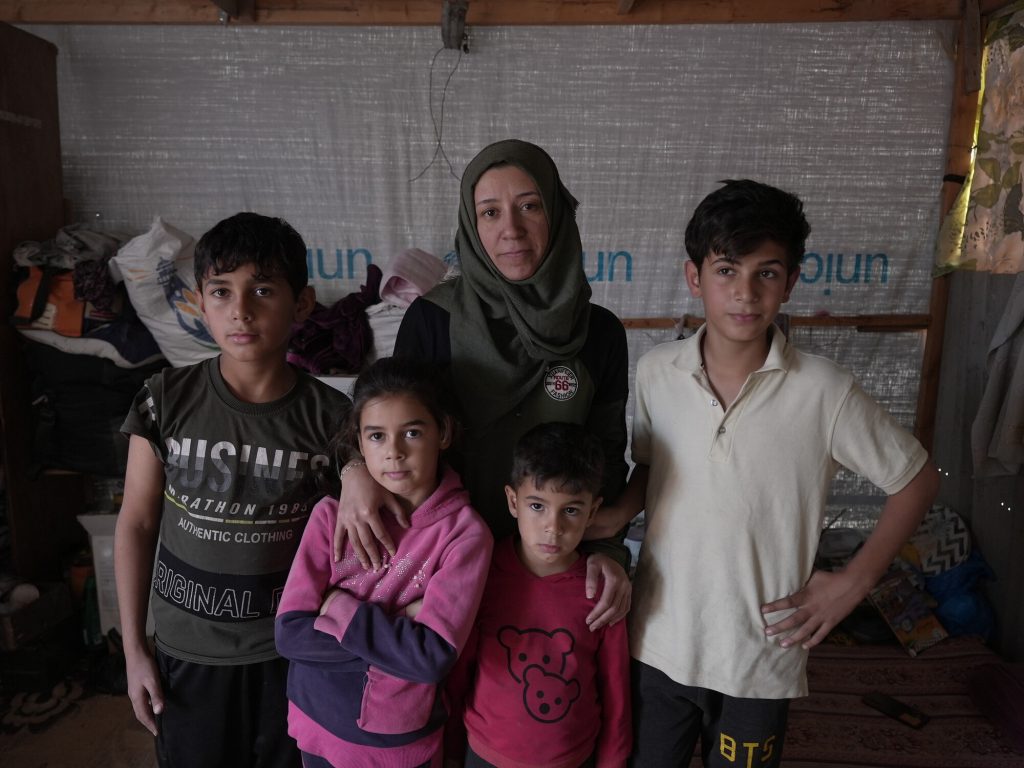Advocating for sexual and reproductive health and rights, every day
In this post, we learn about the incredible work being done to secure sexual health and rights in the Philippines, where deeply rooted social norms make it difficult for women and girls to take control of their sexual health. Many young women and men do not access sexual health services because doing so requires their parents’ permission. There is also a lack of comprehensive sexuality education in schools.
Daryl Leyesa is a Project Manager at the National Rural Women’s Congress of the Philippines where she leads the Sexual Health and Empowerment (SHE) Project, a partnership with Oxfam Canada with funding from Global Affairs Canada. We sat down with Daryl to learn how she’s advocating for women’s sexual and reproductive rights every day.
Can you paint a picture of the current state of SRHR in the Philippines? Paint us a picture for someone that lives here in Canada – what does it look like?
In the Philippines, there’s a need for strong interventions to realize SRHR, especially in rural areas. In rural areas, it’s very difficult to have access to public health services. It’s incredibly difficult, especially when you’re affected by climate change, armed conflict or just because you are isolated from the rest of the development in the country. Let me give you an example: 54 per cent of all pregnancies in the Philippines are unplanned. Of those 54 per cent, 90 per cent of those women said they had no access to modern contraceptives. Also, teen pregnancy is very much on the rise. One out of ten young girls, ages 15 to 19, are already pregnant or already a mother with her first child. So it’s really quite depressing, especially if you look at the incidence of violence against women, which is one out of four.
The high rate of teen pregnancies can be contributed to several different social drivers in a poverty-stricken country like the Philippines. But access to contraceptives is definitely a big issue.
For example, comprehensive sexual education has not been fully implemented even after the law was passed in 2012. Recently there was a Supreme Court ruling saying that young girls can have access to contraceptives if they have a parent’s consent. So that really affects access. Not to mention the culture of silence that still is in play when it comes to discussing sex among the teenagers.
Can you tell me about some of the groundbreaking examples you’ve seen on SRHR?
What I really find inspiring was one experience of an indigenous women’s group that started to profile their community and see the segregation of women and girls in their communities. They learned that early, underage marriages are still happening, especially in the very remote areas. It was in 2010, when they did this profiling and base-lining of the situation and found that nine, 11 and 12-year-olds were entering arranged marriages. The consequences of those marriages were getting pregnant early, with risks to their health. So the women’s group took the information they found and discussed the consequence of such practices on the health of girls with their traditional indigenous leaders.
From the discussion, there’s a process of internalizing and at the same time being careful that you are not questioning their culture. Instead, it’s really looking at why they are doing that practice now. They found it wasn’t a matter of culture but done because of poverty driving families to get dowries for the children.
When all of this was discovered, the women’s group started to do campaigns at the local level, like lobbying for local ordinances and campaigning on the impact of early, arranged marriages on the sexual rights of the girls and other rights, like education.
It’s more of an information dissemination campaign but it has an impact because later on what we did with this experience was to ensure that this will be included in our national lobbying as well.
How can we fight the stigma surrounding SRHR?
I think it depends on the woman. The woman should find her voice and find other voices that will resonate and be a collective voice. And from a human rights perspective, they should not stigmatized. But again, the process of engaging others who are putting a stigma on it should be there. We should be able to talk with institutions that are opposing it and with other potential allies that would help us deliver the message that this is basic human rights.
What drives you to fight for sexual and reproductive health and rights?
For me, it’s really a basic human right for a women to know that if she cannot assert control or if she cannot make decisions about her body, that will really affect her choices in life. It will affect her future, her family, if she wants to have a family, and where she wants to go – all of that is a basic human right.
It’s a human rights issue. We find solidarity on this matter and it should be supported because a woman in Canada could be experiencing the same things as a woman in the Philippines. It’s an experience that is shared in terms of us exercising control over our bodies and at the same time, it’s an experience that can be inspirational.

